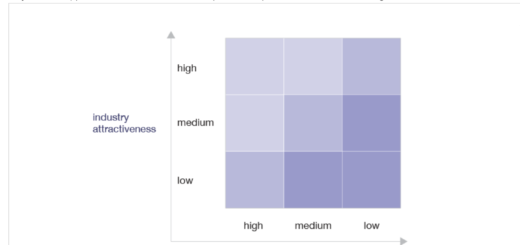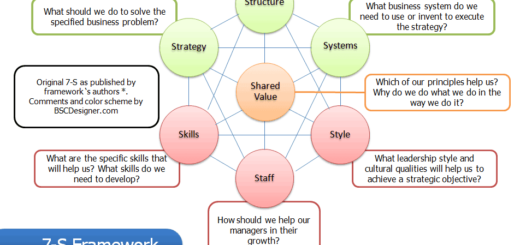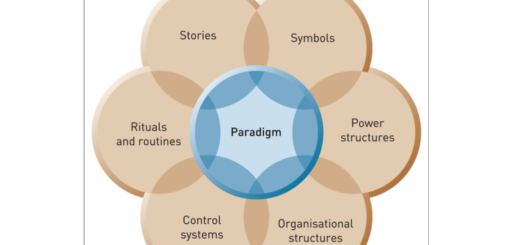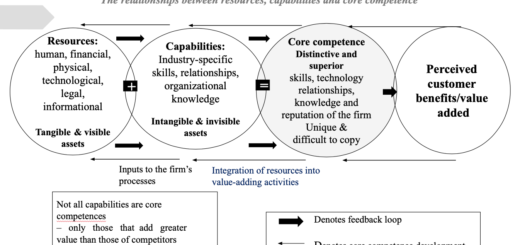Changing Context of work and its implications
The changing context of the world of work has several implications for businesses and their resources. Some of these implications include:
- Job tasks: Businesses are moving towards competencies and capabilities, with a greater emphasis on skills and knowledge rather than specific job tasks. This requires businesses to focus on developing the skills and capabilities of their employees to stay competitive.
- Career stability: The concept of career stability is changing, with businesses adopting the Flexible Firm model proposed by Atkinson in 1984. This model emphasizes flexibility and adaptability, with employees taking on a variety of roles and responsibilities over their career.
- External recruitment vs internal development: Businesses must decide whether to recruit externally or develop their employees internally. With a greater emphasis on skills and capabilities, businesses may choose to invest in training and development programs to build the skills of their existing workforce.
- Employee power/dependency: As the workforce becomes more diverse and empowered, businesses must be aware of the power dynamics between employees and employers. This requires businesses to create a culture of trust and transparency to foster strong relationships with employees.
- Retention strategies: With increased competition for talent, businesses must adopt distinct retention strategies to attract and retain top talent. This may include offering competitive compensation and benefits, providing opportunities for career development, and creating a positive work environment.
Overall, the changing context of the world of work requires businesses to be adaptable and flexible, with a focus on developing the skills and capabilities of their employees. By creating a culture of trust and transparency and adopting distinct retention strategies, businesses can attract and retain top talent in a rapidly changing landscape.







Hey there! This is kind of off topic but I need some help from an established blog. Is it very difficult to set up your own blog? I’m not very techincal but I can figure things out pretty fast. I’m thinking about setting up my own but I’m not sure where to begin. Do you have any points or suggestions? Appreciate it